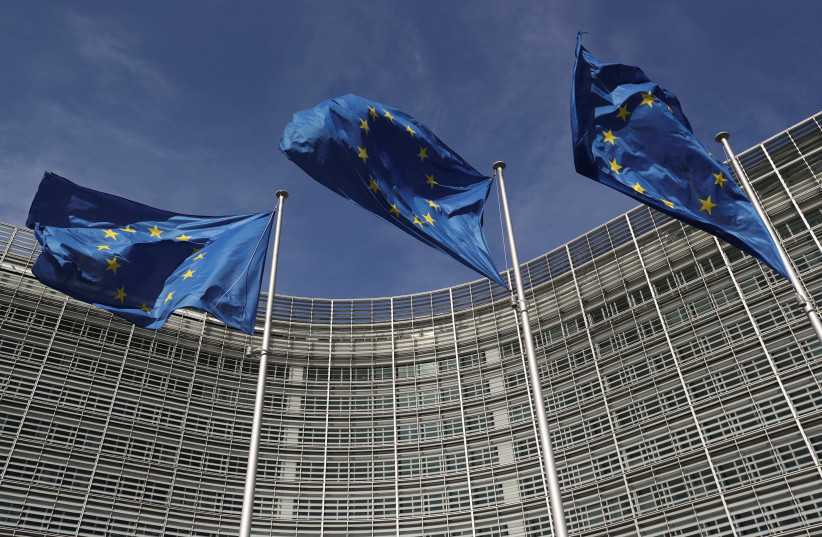The European Union, the Peres Center for Peace and Innovation, and Frontier RNG have moved forward with a series of roundtable discussions about climate innovation, this time discussing food security amid desertification.
The roundtable was held over Zoom and included experts from the EU, Egypt, Israel, the Palestinian Authority, the United Arab Emirates, Jordan, Germany and Morocco. Among the experts were academics, government officials and members of the private sector.
The topic in question is especially relevant, as desertification has worsened in recent years due to climate change, reducing rainfall and making air hotter and drier.
So how can the world tackle desertification?
As the panel discussed, there are two main steps: prevention and preparation. The first step deals with stopping climate change as much as possible right now, while the second deals with preparing for the future while taking into account society, nations and future generations.

But doing this would require partnerships, such as with the EU, Peres Center and Frontier RNG.
“We strongly believe that the EU can play a significant geopolitical role in steering discussions and advancing peaceful and prosperous relationships in this region through these kinds of initiatives," EU Ambassador to Israel Dimiter Tzantchev said in a statement.
"Working together on the global climate agenda is in everybody’s interest, particularly in a region where the climate change consequences are more severe than in other regions," he said. "That’s why we are glad to partner with the Peres Center on this science diplomacy initiative, bringing together experts from different countries to exchange their views and best practices, with the possibility of establishing new cross-border partnerships.”
“There is no doubt that the climate crisis is the greatest existential challenge facing the world today – and we are honored to be partnering up with the EU to address these pressing environmental issues," Peres Center director-general Efrat Duvdevani said.
"Our role is threefold: to raise awareness, especially among the youth; to join hands with regional and international partners in the face of this crisis; and to encourage innovation and startups to tackle these challenges," she said.
"The Peres Center is doing all it can in this regard, to bring these environmental challenges to the forefront of people's minds and to harness Israel’s tech ecosystem to address these issues," Duvdevani said. "Today, leaders, thinkers and experts from all over the region came together to lay the groundwork for cross-border partnerships to lead the way to a better tomorrow for the next generation through innovation and cooperation.”
This is the second of four roundtable talks held in this series.
The first talk, held in June, centered on "Climate Change in the Red Sea Ecosystem."
